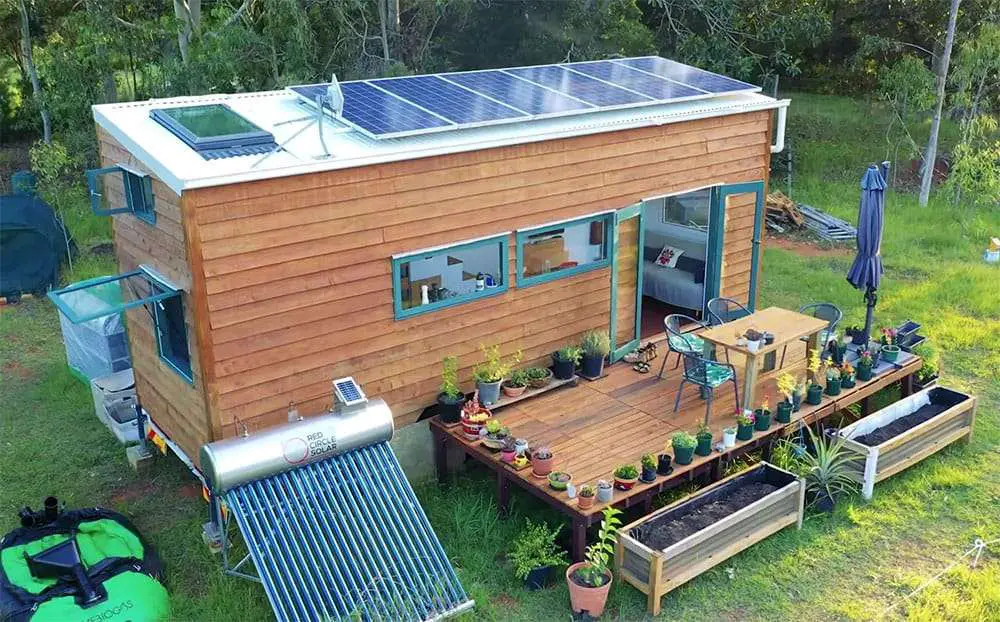Living off the grid has become more than just a trend; it’s a lifestyle choice for some and a necessity for others. With the rising cost of living and a growing desire for self-sufficiency, more people are looking for ways to disconnect from the conventional system and embrace off-grid living. The US and Canada offer abundant options for off-grid living, but other countries are also gaining popularity due to lower living costs. However, living off the grid requires more than just disconnecting from the utility companies; it requires self-sufficiency in generating electricity, sourcing water, and managing sewage. From eco-villages to treehouse communities, there are various off-grid communities around the world that cater to those seeking a sustainable way of life. Factors such as renewable energy potential, access to land and water resources, climate, and supportive communities all contribute to the appeal of these locations. While off-grid living poses its challenges and demands hard work, it offers a rewarding and environmentally conscious path to a self-sufficient and sustainable future.
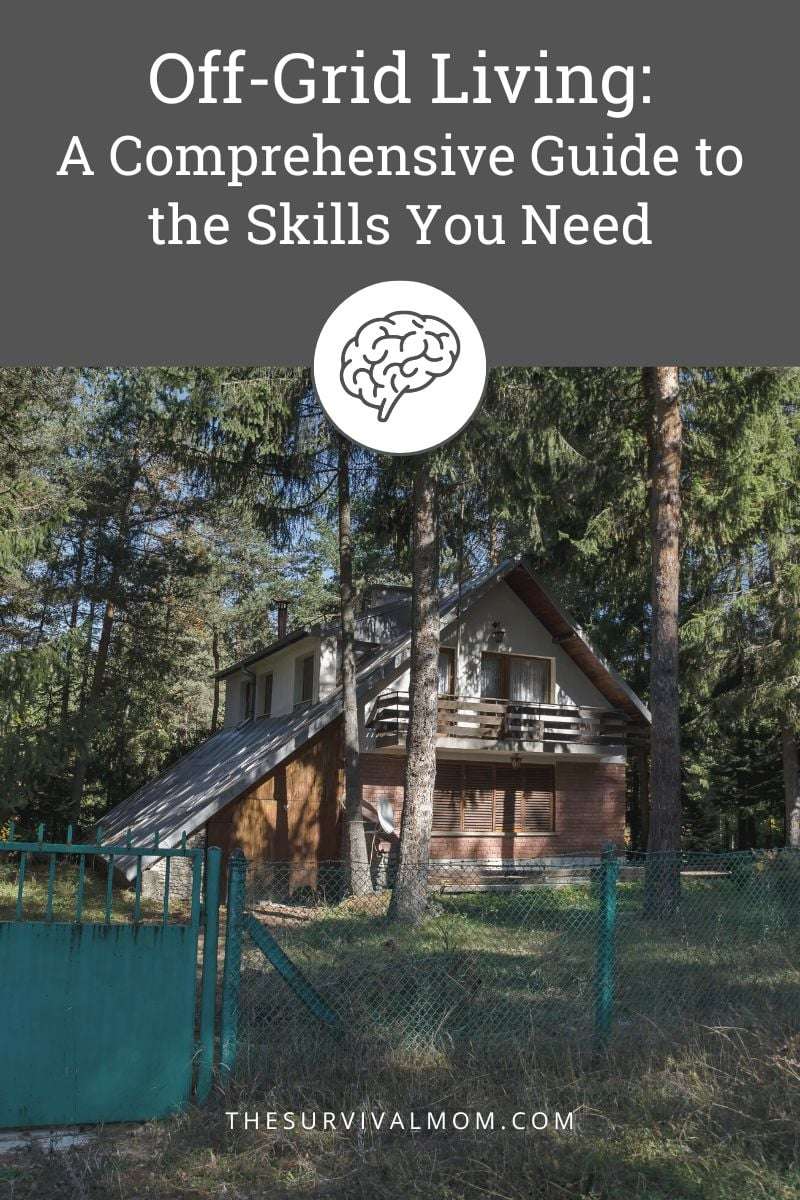
The Concept of Off-Grid Living
Off-grid living as a lifestyle choice
Imagine a life where you are completely self-sufficient, disconnected from the power grid, and living in harmony with nature. This is the concept of off-grid living. For some, it is a deliberate lifestyle choice, a way to disconnect from the hustle and bustle of modern society and embrace a simpler way of life. It’s about taking control of your own resources and living off what the land provides.
Off-grid living as a necessity
However, off-grid living is not just a lifestyle choice for some. In certain areas, it is a necessity. There are remote regions around the world where connecting to the grid is simply not an option. In these cases, off-grid living becomes the only way to access the basic necessities of life, such as electricity, water, and sewage management. For those living in these areas, off-grid living is not just about embracing a certain lifestyle, but rather about survival.
Increasing Popularity of Off-Grid Living
Emerging trend of off-grid living
In recent years, there has been a surge in interest in off-grid living. More and more people are seeking alternatives to the city life and are looking for ways to disconnect from the grid. This emerging trend can be attributed to a variety of factors, including a desire for a simpler, more sustainable way of life, concerns about the environment and climate change, and a growing dissatisfaction with the consumerist culture that dominates modern society. People are beginning to realize that there is another way to live, one that is more in tune with nature and less reliant on external systems.
Reasons for the growing interest in off-grid living
There are several reasons behind the increasing interest in off-grid living. One of the main reasons is the desire for self-sufficiency. Many people are drawn to the idea of producing their own energy, growing their own food, and relying on their own skills and resources rather than depending on others. Off-grid living also offers a sense of freedom and autonomy, allowing individuals to live life on their own terms and escape the pressures and constraints of traditional society. Additionally, concerns about the environmental impact of conventional living and a desire to reduce one’s carbon footprint are driving more people towards off-grid living.
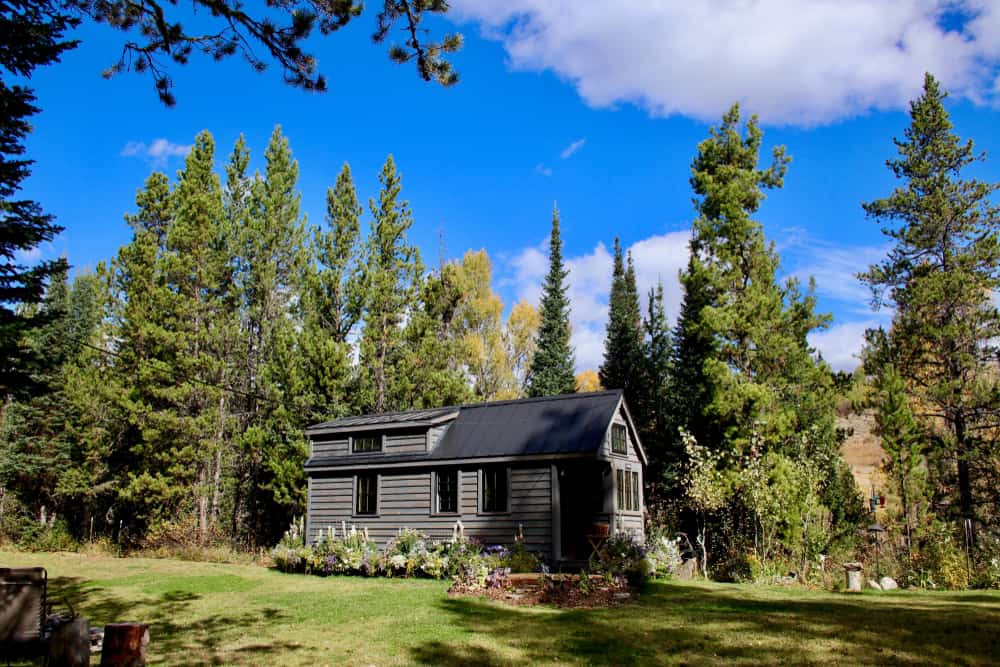
Suitable Locations for Off-Grid Living
Off-grid living in the US and Canada
The United States and Canada are home to many areas that are well-suited for off-grid living. These countries have vast stretches of land, abundant natural resources, and a favorable climate in many regions, making them attractive options for those seeking to live off the grid. In the US, states such as Alaska, Colorado, and New Mexico are particularly popular for off-grid living, thanks to their remote locations and abundant natural beauty. In Canada, provinces like British Columbia and Ontario offer similar advantages. These regions provide ample opportunities for individuals to build their own sustainable homes, generate their own electricity, and live a self-sufficient lifestyle.
Rising popularity of off-grid living in other countries
While the US and Canada may be the most well-known destinations for off-grid living, other countries are also gaining popularity. This is largely due to the lower cost of living and the availability of land in these regions. Countries like Australia, Panama, Costa Rica, France, and England offer attractive options for those looking to embrace the off-grid lifestyle. These countries have their own unique advantages, such as favorable climates, ample natural resources, and supportive communities.
Essential Self-Sufficiency for Off-Grid Living
Generating electricity without grid connection
One of the biggest challenges of off-grid living is generating electricity without a connection to the power grid. Fortunately, there are several options available for those looking to generate their own power. Solar panels are a popular choice, as they allow individuals to harness the power of the sun and convert it into electricity. Wind turbines and hydroelectric systems are also viable options in certain locations. Additionally, many off-grid enthusiasts are turning to alternative energy sources such as biomass, geothermal, and even human power.
Sourcing water and managing sewage without reliance on city infrastructure
Another essential aspect of off-grid living is sourcing water and managing sewage without relying on city infrastructure. This often involves the installation of rainwater harvesting systems, which collect rainwater from rooftops and store it for later use. Some off-grid homes also utilize wells or springs to access groundwater. As for managing sewage, there are various environmentally friendly options available, such as composting toilets, greywater systems, and septic tanks. These systems allow individuals to responsibly manage their waste without depending on city sewage systems.
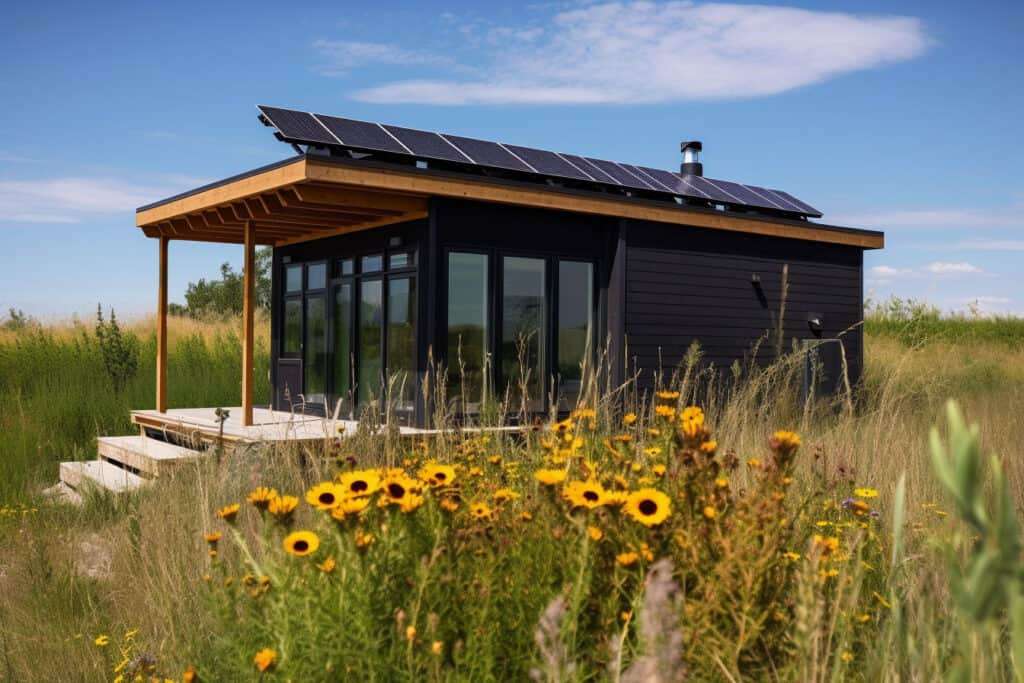
Different Off-Grid Communities
Eco-villages promoting sustainable living
Eco-villages are intentional communities that aim to promote sustainable living. These communities often practice off-grid living principles, embracing renewable energy sources, organic farming, and eco-friendly construction methods. Eco-villages are designed to foster a sense of community and cooperation among residents, with shared resources and a focus on sustainable lifestyles. These communities provide a supportive environment for those interested in off-grid living, offering opportunities for collaboration, learning, and mutual support.
Treehouse communities blending with nature
For those seeking a unique off-grid living experience, treehouse communities provide an exciting option. Built among the branches of towering trees, these communities offer a blend of sustainable living and a deep connection with nature. Treehouse communities often prioritize minimal impact on the surrounding environment, utilizing sustainable materials and eco-friendly design principles. Living in a treehouse allows residents to immerse themselves in nature, enjoying stunning views, fresh air, and a sense of peace and tranquility.
Sustainable housing projects embracing off-grid principles
Sustainable housing projects are another option for those interested in off-grid living. These projects aim to create communities or neighborhoods that are entirely self-sufficient and sustainable. They often incorporate innovative design features, such as passive solar design, green roofs, and rainwater harvesting systems. Sustainable housing projects prioritize environmental sustainability, energy efficiency, and resource conservation. These communities provide individuals with the opportunity to live in a fully self-sufficient and environmentally responsible manner.
Best Places for Off-Grid Living
Top locations in the US for off-grid living
If you’re considering off-grid living in the United States, there are several top locations to consider. Alaska is often hailed as one of the best places for off-grid living, thanks to its vast landscapes, abundance of natural resources, and remote communities. Colorado is another popular choice, offering a favorable climate, stunning mountain vistas, and a strong off-grid community. New Mexico is known for its off-grid-friendly regulations and incentives for renewable energy systems. Other states that make the list include Arizona, Texas, Oregon, and Vermont, each offering its own unique advantages for off-grid living.
Attractive off-grid destinations in other countries
Outside of the United States, there are many attractive off-grid destinations to explore. Australia is known for its wide-open spaces and favorable climate, making it an ideal location for off-grid living. Panama and Costa Rica offer tropical paradises with abundant natural beauty and a low cost of living. In Europe, countries like France and England have their own off-grid communities and resources. Other countries worth considering include New Zealand, Thailand, and Belize. Each of these destinations provides individuals with the opportunity to live off the grid in a beautiful and sustainable setting.
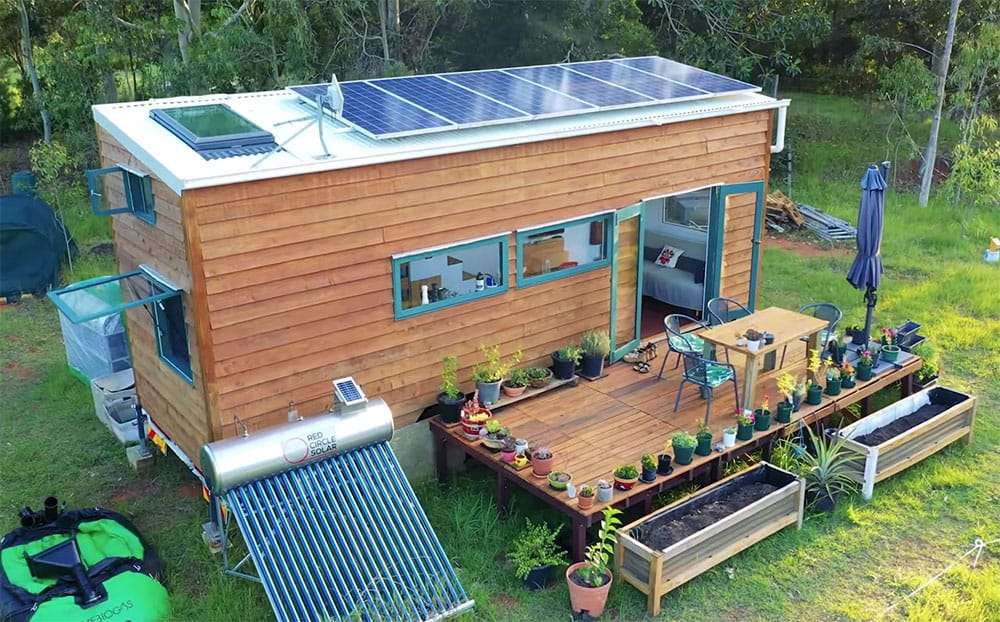
Factors Influencing Off-Grid Living Appeal
Renewable energy potential
One of the key factors that contribute to the appeal of off-grid living is the potential for renewable energy production. Off-grid living allows individuals to take advantage of abundant renewable energy sources, such as solar, wind, and hydro power. By harnessing these sources, individuals can reduce their reliance on fossil fuels, lower their carbon footprint, and live a more sustainable lifestyle. The availability of renewable energy potential plays a significant role in determining suitable locations for off-grid living.
Availability of land and water resources
Another important factor in off-grid living is the availability of land and water resources. Living off the grid often requires ample land for building homes, growing food, and installing renewable energy systems. Access to water resources, such as rivers, springs, or reliable rainfall, is also crucial for off-grid living. Areas with abundant land and water resources are more likely to attract individuals seeking to live off the grid and achieve self-sufficiency.
Climate suitability for off-grid living
Climate is another factor to consider when choosing a location for off-grid living. Different climates offer different advantages and challenges for self-sufficiency. For example, regions with a high amount of sunshine are ideal for solar power generation, while areas with strong winds are suitable for wind energy. Additionally, a favorable climate for agriculture and food production is essential for off-grid living, as growing one’s own food is often a key aspect of self-sufficiency. The climate of a specific location can significantly impact the viability and success of off-grid living.
Supportive communities
Living off the grid can be challenging, and having a supportive community can make all the difference. Supportive communities are vital for sharing knowledge, skills, and resources, as well as providing emotional support and a sense of belonging. Many off-grid communities foster a collaborative and cooperative environment, where individuals can learn from each other, share ideas, and work together to overcome challenges. The presence of strong, supportive communities is a significant factor in the appeal of certain off-grid locations.
Challenges of Off-Grid Living
The demanding nature of off-grid living
While living off the grid offers many advantages, it also comes with its fair share of challenges. Off-grid living requires a high level of self-sufficiency and resilience. Individuals must be prepared to take on the responsibilities of generating their own power, sourcing their own water, and managing their own waste. This often involves learning new skills, making ongoing maintenance and repairs, and adapting to the seasonal variations and challenges that come with off-grid living. Off-grid living is not for the faint of heart, as it requires a significant amount of hard work and dedication.
Hard work and dedication required for sustainability
Sustainability is at the core of off-grid living, but achieving true sustainability is no easy feat. It requires a commitment to minimizing resource consumption, reducing waste, and living in harmony with nature. This often involves making lifestyle changes, such as embracing minimalism, practicing permaculture, and prioritizing eco-friendly choices. Off-grid living requires individuals to be conscious of their everyday actions and make decisions that align with their values and the principles of sustainability. It is a continuous journey that requires ongoing education, adaptation, and a willingness to put in the effort to create a sustainable way of life.
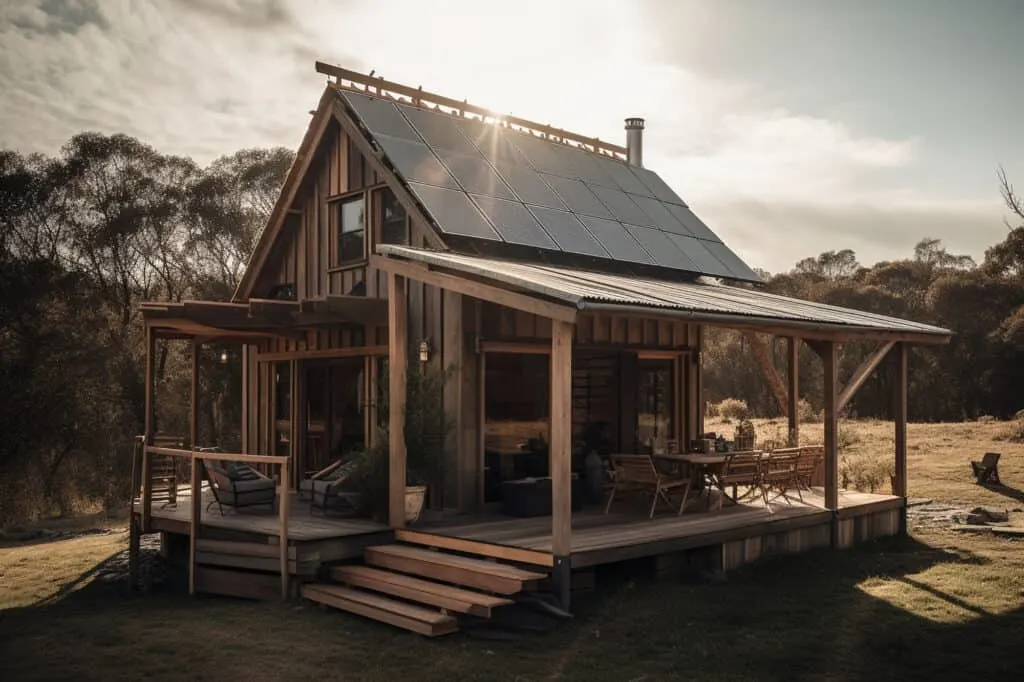
Benefits of Off-Grid Living
Self-sufficient lifestyle and decreased reliance on external systems
One of the greatest benefits of off-grid living is the opportunity to live a self-sufficient lifestyle. Off-grid living allows individuals to take control of their own resources and rely on their own skills and knowledge to meet their needs. By generating their own electricity, sourcing their own water, and producing their own food, off-grid individuals can decrease their reliance on external systems and become more self-reliant. This sense of self-sufficiency can be incredibly empowering and liberating, giving individuals a greater sense of autonomy and freedom.
Environmental sustainability and reduced carbon footprint
Off-grid living offers individuals the chance to minimize their environmental impact and reduce their carbon footprint. By using renewable energy sources and practicing sustainable living, off-grid individuals can significantly reduce their reliance on fossil fuels and lower their greenhouse gas emissions. Off-grid living also promotes resource conservation, waste reduction, and a more mindful approach to consumption. Living off the grid allows individuals to live in harmony with nature and make choices that prioritize the health of the planet.
Opportunity for reconnecting with nature and fostering a sense of community
Living off the grid provides an unparalleled opportunity to reconnect with nature and foster a deep sense of connection to the natural world. Off-grid individuals have the freedom to immerse themselves in the beauty of their surroundings, whether it’s the mountains, the forest, or the ocean. This connection to nature can bring a great sense of peace, tranquility, and well-being. Additionally, off-grid living often fosters a strong sense of community, as individuals come together to support and learn from one another. The off-grid lifestyle encourages collaboration, cooperation, and a strong sense of belonging.
Conclusion
Off-grid living is more than just a lifestyle choice or a necessity; it is a way of life that offers countless benefits. Whether you choose to live off the grid to escape the pressures of modern society, to reduce your environmental impact, or simply to live a more self-sufficient and sustainable life, off-grid living provides a unique opportunity to embrace a simpler, more connected way of life. While it comes with its challenges, the rewards of off-grid living are immeasurable. It offers the chance to live in harmony with nature, to take control of your own resources, and to foster a sense of community and connection. So, if you’re considering off-grid living, take the leap and embrace a lifestyle that is truly off the grid.

